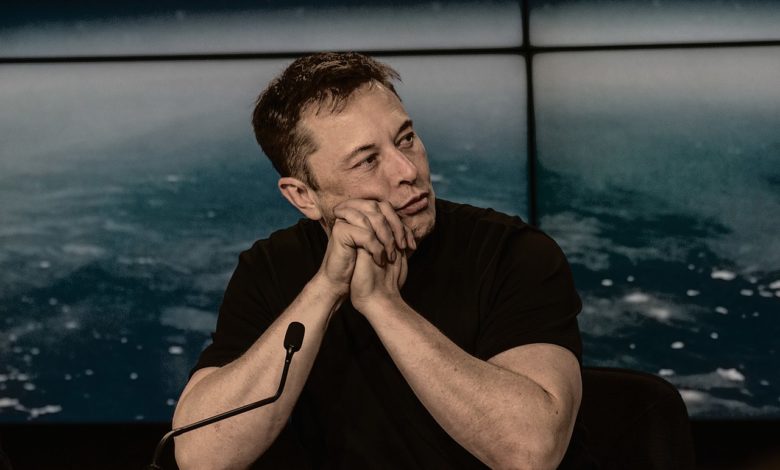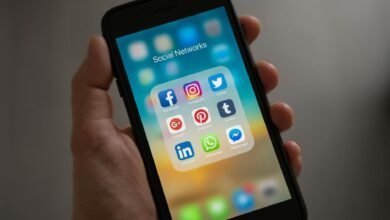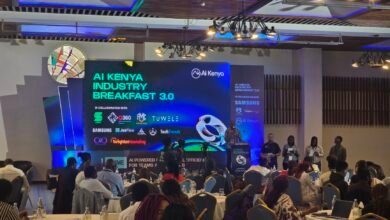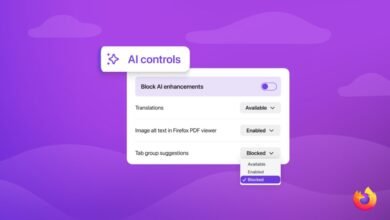
Tesla and SpaceX founder Elon Musk, also now owner of X – formerly Twitter, has filed a lawsuit against artificial intelligence research company OpenAI. Musk who was a co-founder and early financier of OpenAI, alleges that the organisation has violated its founding principles by prioritising commercialisation of its technology over its stated non-profit mission to benefit humanity. It is interesting that this lawsuit comes on the heels of the success of ChatGPT, and more recently OpenAI announcing Sora – a video generating model.
OpenAI was established in late 2015 as a non-profit research company with the express goal of ensuring the development of artificial intelligence (AI) technologies would be safe and aligned with human values. Musk, concerned about the potential dangers posed by uncontrolled AI development, was one of the key founders and a major financial backer in the early years.
The lawsuit centres on OpenAI’s transition towards a for-profit model, particularly its close partnership with tech giant Microsoft. Musk claims that OpenAI’s leadership, led by CEO Sam Altman (who recently faced weird drama being ousted and reinstated as CEO) has shifted the company’s focus from its mission of ethical AI to a more profit-oriented enterprise intended to benefit Microsoft.
At the heart of the lawsuit lies GPT-4, OpenAI’s latest and most advanced language model. Musk asserts that GPT-4 represents artificial general intelligence (AGI), a level of AI sophistication on par with or exceeding human intelligence. He argues that OpenAI and Microsoft are improperly commercialising GPT-4, despite agreements that AGI research should remain non-profit.
Musk’s departure from OpenAI’s board hinted at growing friction over the years. The lawsuit suggests that disagreements over the company’s commercial direction and ties with Microsoft played a part. Musk highlights a restructuring of the company’s board, claiming it was filled with individuals more focused on business than the ethical considerations originally intended for OpenAI.
Through the lawsuit, Musk seeks to force OpenAI to return to its founding mission. He wants the court to prevent OpenAI from monetizing technologies developed when it was a non-profit and to rule that systems like GPT-4 fall under the category of AGI and should not be licensed commercially. Additionally, Musk potentially seeks restitution of his sizable donations, arguing that OpenAI is now operating primarily for private gain.
This lawsuit has enormous implications for the field of artificial intelligence development. It raises significant questions about the ethics of AI research, the balance between profit motives and public benefit, and the potential dangers of unregulated AGI. The outcome of this legal battle could shape the future of AI development, potentially forcing companies like OpenAI to navigate a more complex landscape of ethical considerations and public responsibility.






